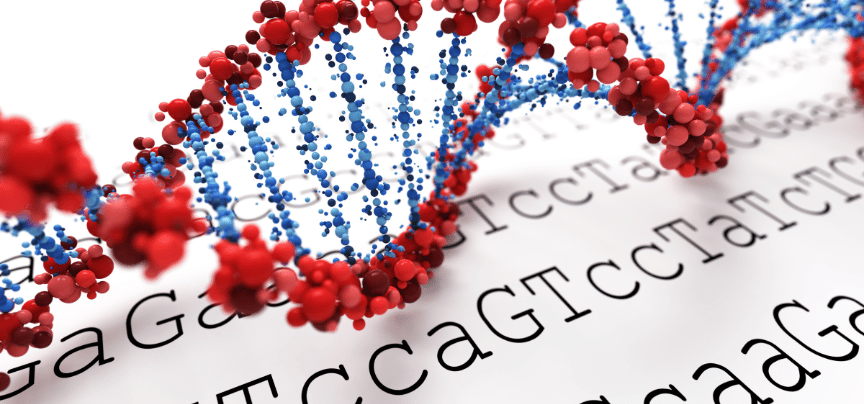
Commercial genetic tests that rely on deoxyribonucleic acid (DNA) have become increasingly popular among consumers — so much so that they’re even given as holiday gifts.
But DNA tests aren’t just being used to uncover consumers’ genetic ancestry: They’re also being used to close out unsolved murders using a combo of detective work and information that’s available on online genealogy sites or released by the genetic testing companies to law enforcement.
People are often led to believe that DNA evidence in a murder case is somehow irrefutable — but it isn’t. Genetic material may degrade over time, but the real issue may be problems with contamination of the saved material — or cross-contamination of that saved evidence with genetic material that’s unrelated to the crime.
Take, for example, the case of a California man who almost convinced himself that he’d managed to murder a wealthy Silicon Valley investor that he’d never met while blackout drunk. The investor had been murdered inside his own home, and the accused homeless man had never actually been there — but his DNA was found on the dead man’s fingernails.
Charged with murder, the defendant may have gone to prison for life if it weren’t for some smart investigative work by his attorney. The accused had actually been detoxing in a hospital while the murder was committed. His DNA had merely been transferred from the ambulance that had taken him there to the medical technicians who arrived on the murder scene — and then transferred to the deceased’s hands through further contamination.
That’s not the only reason to be wary of genetic evidence in a murder case. DNA analysis can be highly flawed and lab errors abound. And, like in the case above, detectives can seize on the “evidence” and then narrow their focus on a suspect so much that they ignore all other possibilities.
If you’ve been accused of murder due to DNA evidence, don’t assume that your case is hopeless. Your guilt is far from proven.
